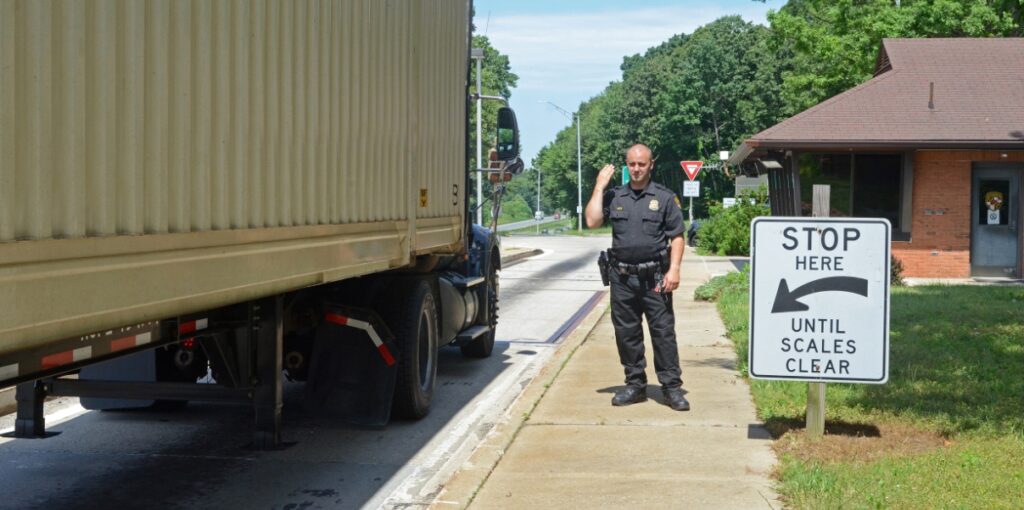This week the FMCSA withdrew an Advance Notice of Proposed Rulemaking, which could have dramatically increased the number of truck drivers referred for sleep apnea testing. A person with sleep apnea actually stops breathing many times during the night, usually due to a blockage of the airway. Because the sleep apnea sufferer is never well rested, there is a risk that he could doze off unexpectedly, even while driving.
A 2016 proposal by the FMCSA’s Medical Review Board recommended that truck drivers be screened for sleep apnea if they have a body mass index (BMI) of 40 or higher, which is classified as extremely obese. (BMI is a calculation based on a person’s height and weight. A 5’10” tall man who weighs 280 pounds would have a BMI of 40.) Others who would be referred for screening include men over 42 who snore loudly and/or have diabetes, among other risk factors. An analysis published in Overdrive estimated that at least one in four drivers would be referred for screening using that criteria.
Instead, the FMCSA will keep its current regulation intact, for now, allowing physicians to decide whether or not to recommend a patient for sleep apnea testing.
The notice announcing the withdrawal states:
Obstructive sleep apnea remains an ongoing concern for the motor carrier and railroad industries because it can cause unintended sleep episodes and resulting deficits in attention, concentration, situational awareness, and memory, thus reducing the capacity to safely respond to hazards when performing safety-sensitive duties. The Agencies believe that current safety programs addressing fatigue risk management are the appropriate avenues to address obstructive sleep apnea.
The FMCSA says it will consider making an update to its January 2015 bulletin to medical examiners regarding the physical qualifications standard and how it applies to drivers who have sleep apnea. Meanwhile, if you think you may have sleep apnea, please see your doctor!



